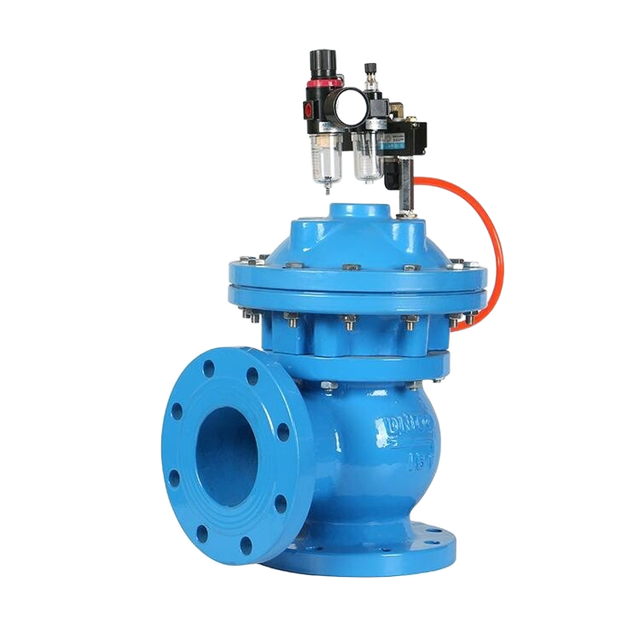In the realm of renewable energy, biogas is emerging as a promising and eco-friendly option. Derived from the anaerobic digestion of organic waste materials, biogas primarily consists of methane and carbon dioxide, offering a sustainable alternative to traditional fossil fuels. At the heart of biogas systems, biogas valves play a crucial role in ensuring the efficient and safe operation of these systems.
What are Biogas Valves?
Biogas valves are specialized valves designed to control the flow of biogas in various applications. These valves are engineered to withstand the specific conditions associated with biogas, including potential corrosion from the gas components and the need for reliable sealing to prevent leaks. They are essential for maintaining the integrity and efficiency of biogas systems, from production to storage and utilization.
Types of Biogas Valves
Several types of biogas valves are commonly used in biogas systems, each tailored to specific needs:
Gate Valves: Ideal for fully opening or closing the flow of biogas, gate valves provide a tight seal when in the closed position. They are often used in applications where frequent operation is not required.
Globe Valves: These valves offer precise control over the flow of biogas, making them suitable for regulating pressure and flow rate. Their design allows for throttling, making them useful in applications where fine-tuned adjustments are necessary.
Ball Valves: Known for their quick opening and closing times, ball valves are frequently used in biogas systems that require frequent operation. They offer a reliable seal and can handle high-pressure applications.
Check Valves: These valves are designed to prevent the reverse flow of biogas, ensuring that it flows in only one direction. They are commonly used in biogas systems to protect equipment from damage caused by backflow.
Applications of Biogas Valves
Biogas valves are integral to various applications within biogas systems, including:
Biogas Production: In anaerobic digesters, biogas valves control the release of biogas from the digester to storage tanks or directly to generators.
Biogas Storage: Valves are crucial in maintaining the integrity of biogas storage tanks, preventing leaks and ensuring safe storage conditions.
Biogas Utilization: In applications such as biogas-fired boilers, generators, and vehicles, biogas valves regulate the flow of biogas to the engine or combustion chamber.
Safety Systems: Emergency shut-off valves play a vital role in biogas systems, providing a means to quickly isolate the system in the event of a leak or other safety hazard.

Key Benefits of Biogas Valves
Safety: Reliable sealing and leak prevention are critical in biogas systems, where leaks can pose serious safety risks. Biogas valves are engineered to provide a tight seal, minimizing the risk of leaks.
Efficiency: By controlling the flow of biogas, valves help optimize system performance, ensuring that biogas is used efficiently and effectively.
Durability: Biogas valves are designed to withstand the corrosive effects of biogas components and the rigors of frequent operation, providing long-lasting performance.
Versatility: With various types of biogas valves available, it is possible to select the most appropriate valve for each specific application, ensuring optimal performance and reliability.
Conclusion
Biogas valves are essential components in biogas systems, playing a crucial role in ensuring the efficient and safe operation of these renewable energy solutions. As the demand for sustainable energy continues to grow, biogas valves will remain a vital part of the effort to harness the power of biogas for a greener future.
For more information on biogas valves and their applications, visit our dedicated page here. Stay updated on the latest innovations and trends in biogas technology, and discover how biogas valves can contribute to your sustainable energy solutions.

